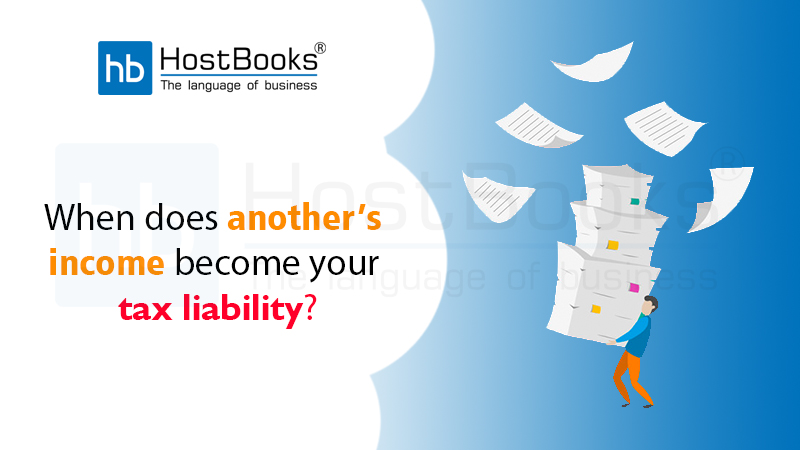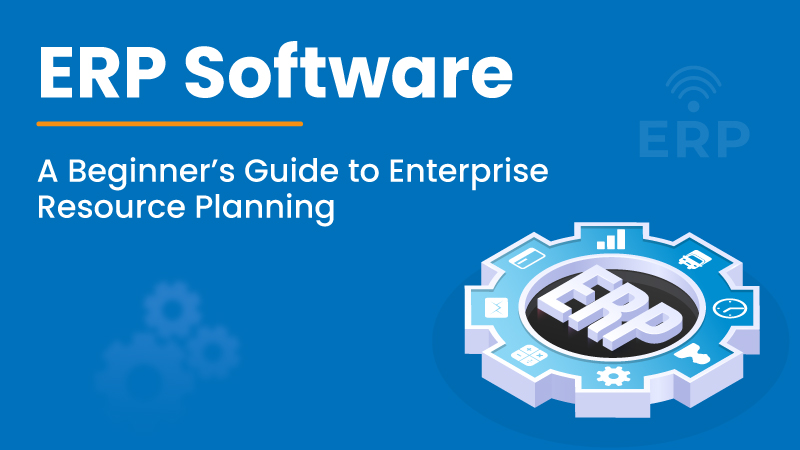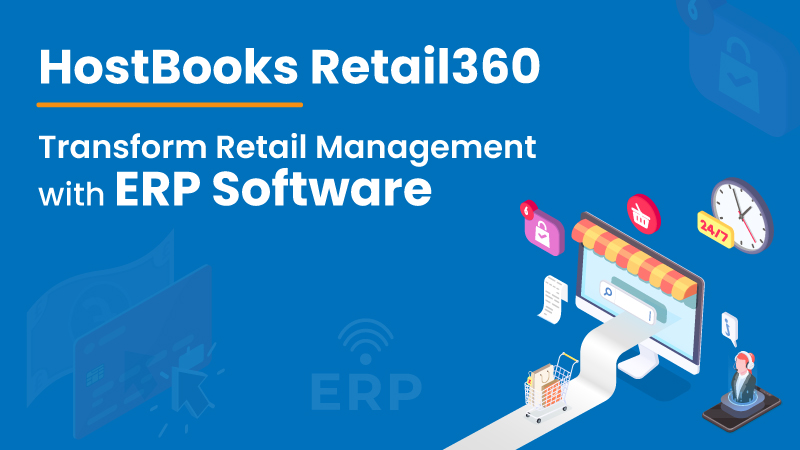When Does Another’s Income Become Your Tax Liability?

According to the Income Tax laws of India, if the taxable income exceeds the basic exemption limit, every taxable person is liable to pay taxes on his/ her income. However, in certain circumstances, a taxpayer may have to bear the tax burden on the income of another person as well. The provisions of Clubbing in the Indian Income-tax Law have been included to report such income as the taxpayer’s income.
Let us know it through a few examples where the income of others gets clubbed in the hands of the taxpayer, although the income is not earned by him/ her directly:
Transfer of Income Without Transfer of Assets:
When a taxpayer, while retaining the ownership of an asset, transfers the income from such an asset to another person by an agreement or in another way, such income will be taxable in the hands of the transferor.
- For instance, A owns a house property in Mumbai and has rented the property for ₹20,000/month. However, he has requested the tenant to pay the rent in his father’s bank account. In this scenario, though the income is received by his father, A has to report the rental income as a part of his own income because he is the legal owner of the house.
- The income of the minor child should be clubbed with the parent whose income is higher. If parents are divorced, it needs to be clubbed with the income of the parent who is with the child. And once, the income of the minor child gets added to one parent’s income, the same would continue every year unless the Tax Officer believes it is necessary to change it. The parent with whom the income gets clubbed will be allowed an exemption of lower of the actual amount of income or ₹1,500 per annum, (per minor child).
- In the next scene, B has 2 daughters and he has opened fixed deposits in their names. The fixed deposits earned an interest of ₹5,000 for each. Now B should report interest income of ₹10,000 as a part of his own total income. However, he would be eligible to claim for an exemption of ₹3,000 on this income (i.e. 1500 for each child).
Cases where clubbing provision is not applied in case of Minor child’s income:
- If the income comes from manual work or application of skill or specialized knowledge and experience of the minor, or,
- If the minor is physically disabled (as per the definition of disability in Section 80U of the Income Tax Act, 1961) and earns an income.
Remuneration Income of a Taxpayer’s Spouse:
Income of the spouse is required to be clubbed in the hands of the taxpayer if any payment is received by the spouse by way of salary, commission, fees or any other form of remuneration, from a concern in which the taxpayer has a substantial interest (‘substantial interest’ as defined in the Act).
Meaning of substantial interest:- An individual is deemed to have substantial interest if individual or spouse or brother or sister or any lineal ascendant or descendant of the individual holds equity shares carrying not less than 20% voting power or is entitled to not less than 20% of the profits in a concern at any time during the previous year.
However, clubbing of income would not be applicable, if the income of the spouse is related to her/his technical or professional knowledge.
For example, X has a substantial interest in a Company and his wife Y receives a salary from this company, without having any technical or professional knowledge and experience. Here, in this case, the income of Y will be taxable in the hands of her husband X.
But, if Y receives her salary on account of her technical or professional knowledge or experience, at this point her salary would not be considered for the purpose of clubbing of income.
Transfer of Property Without Adequate Consideration:
There are some specific clubbing provisions when a taxpayer may transfer any asset without adequate consideration to the spouse or son’s wife (Daughter in law). Income from such an asset is added to the taxpayer’s income if the taxpayer–
- Transfer an asset in the name of spouse directly/indirectly, otherwise than for adequate consideration or in connection with an agreement to live separately.
- Transfer an asset in the name of his son’s wife, directly/indirectly, without adequate consideration.
- Transfer an asset to any other person or association of persons, directly/indirectly, without adequate consideration, for the immediate or deferred benefit of his spouse or son’s wife.
For example, the spouse earns the rental income from a house owned in the name of his husband (the taxpayer), the earning would be clubbed with the income of the taxpayer if the said house was transferred in the name of his spouse without adequate consideration. But, for any other relatives other than spouse or son’s wife, there are no similar provisions.
Conclusion:
Taxpayers should be mindful of these provisions as even though these incomes are not received directly by the taxpayer, yet they are required to be reported in the taxpayer’s income tax return, as a part of their total annual income. However, it is very important to keep in mind that Non-disclosure of earnings/evasion of taxes intentionally could lead to excessive tax, interest, and penalties. And, you may completely lose your peace by replying to the notices from the Income-Tax Department.

Try HostBooks
SuperApp Today
Create a free account to get access and start
creating something amazing right now!
















